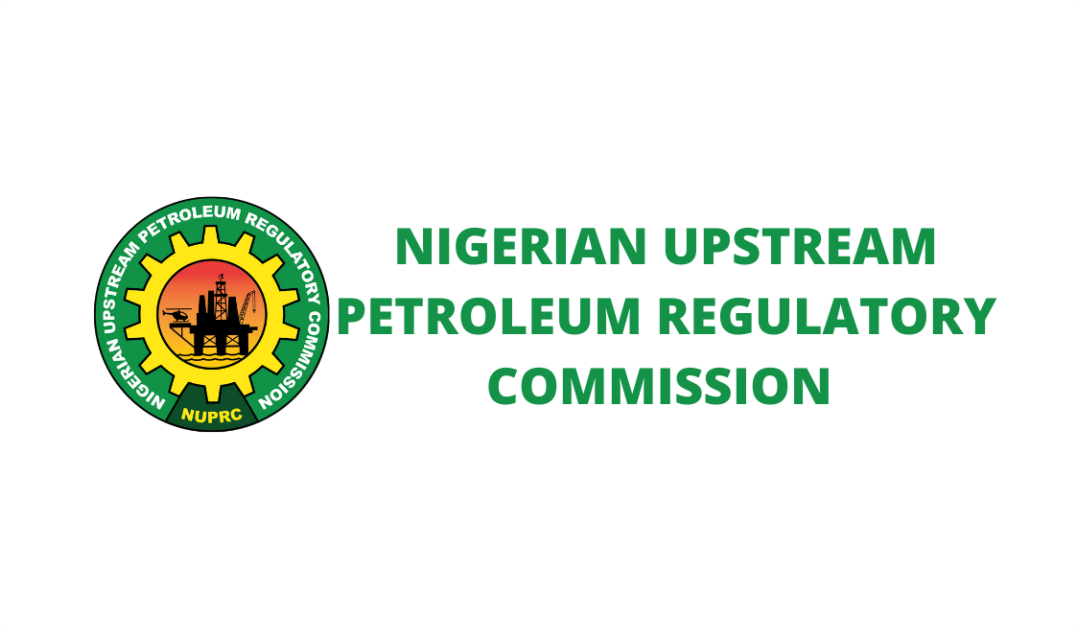The Chief Executive of the Nigerian Upstream Petroleum Regulatory Commission, Gbenga Komolafe, has said the commission approved about $20bn worth of Field Development Plans within the last 10 months as part of ongoing reforms aimed at increasing crude oil production and attracting new investments into Nigeria’s upstream petroleum sector. Komolafe made this known during a two-day strategic media workshop organised for energy correspondents in Lagos. He was represented by the Deputy Director of Human Resources, Corporate Services and Administration at the commission, Efemona Bassey.
Speaking at the end of the workshop on Tuesday, Komolafe said the event showed the high value the NUPRC places on the media because journalists serve as society’s watchdogs and play a key role in shaping public understanding of the oil and gas industry. He noted that even though global investment in oil and gas has been dropping due to the global energy transition, Nigeria has continued to make measurable progress in its upstream activities.
He explained that the progress recorded in recent months was supported by regulatory instruments introduced under the Petroleum Industry Act and strengthened by the Executive Orders issued by President Bola Ahmed Tinubu. Komolafe said these policies had helped to attract fresh capital, improve investor confidence, and encourage oil companies to increase exploration and production activities across different fields.
Highlighting some achievements, the NUPRC boss said Nigeria’s daily crude oil production had crossed 1.7 million barrels per day on several occasions this year, showing signs of recovery after years of volatility. He added that Nigeria’s rig count had increased to nearly 70, with over 40 rigs currently active in different parts of the country. According to him, these figures showed renewed interest from operators and indicated that government reforms were gaining traction.
Komolafe also confirmed that the commission approved Field Development Plans worth about $20bn within the last 10 months. He said these approvals reflected rising confidence in the sector and were expected to support future production growth. He further restated the commission’s target to increase the country’s oil output by an additional one million barrels per day in the coming years.
To achieve this, he said the NUPRC would carry out another licensing round on December 1, 2025. He explained that the exercise would open new exploration frontiers, unlock fresh prospects for oil and gas discoveries, and help to strengthen the country’s reserves base. According to him, licensing rounds remain an important tool for attracting new investors and diversifying the upstream investment landscape.
Komolafe also spoke about the important role the media plays in shaping investor sentiment, saying the oil and gas sector is very sensitive to public perception. He said journalists have the power to either reassure or discourage investors depending on how they report developments in the industry. He urged reporters to ensure that their stories remain factual, balanced, contextual and development-focused so that they can contribute positively to the sector’s growth.
The NUPRC chief reiterated the commission’s commitment to transparency, saying it consistently publishes updates on its website, social media platforms and in its quarterly magazine, The Upstream Gaze. He said openness is a key part of the commission’s mandate and is necessary for building trust with stakeholders, including investors, host communities and the general public.
He ended with a message inspired by President Tinubu, urging journalists to “report boldly, but truthfully,” and to criticise government policies with fairness and knowledge. According to him, the aim of journalism should not be to tear down institutions but to help build a better society through accurate and responsible reporting.
